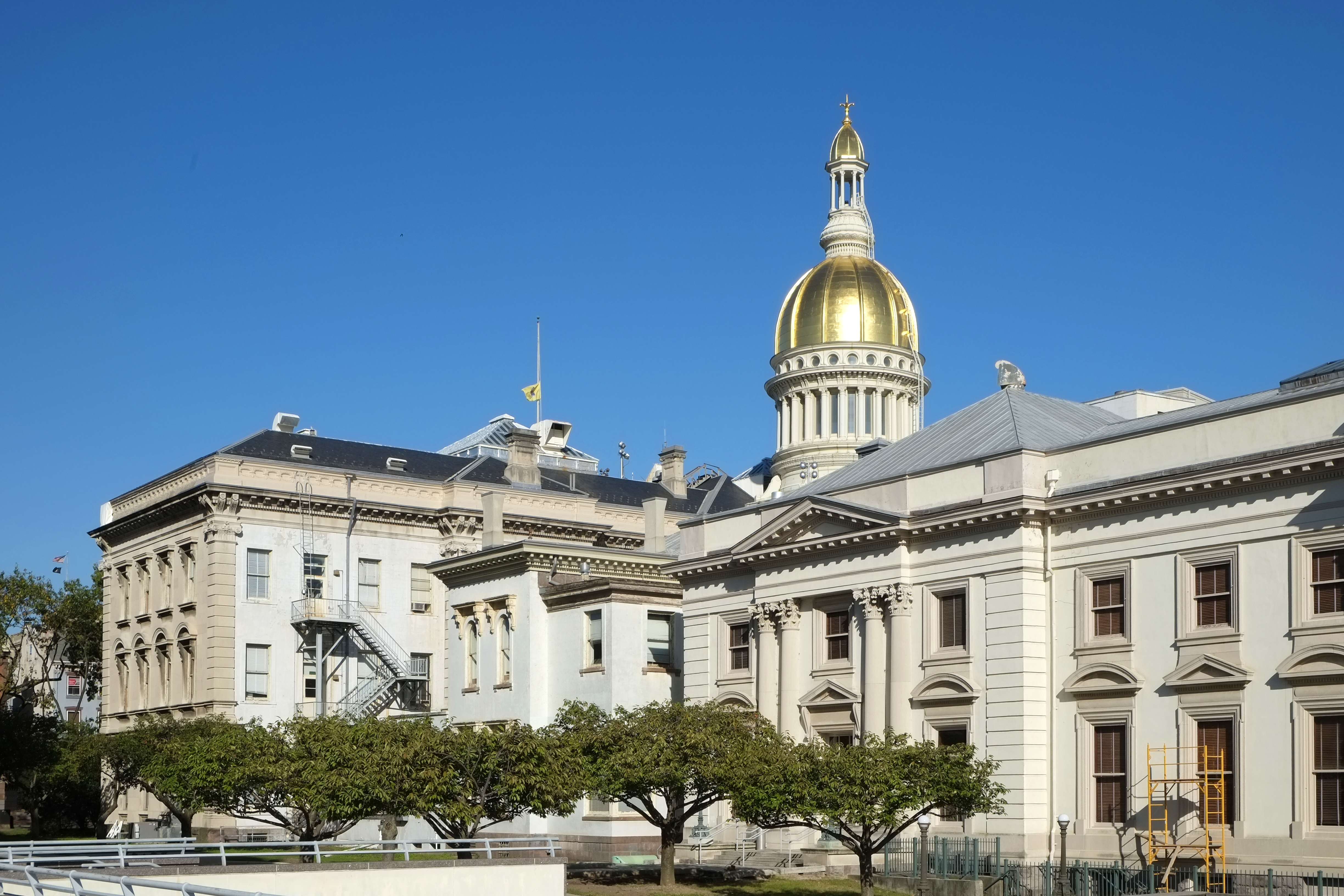 New Jersey Long-Term Care Ombudsman
New Jersey Long-Term Care OmbudsmanNEW! Medicaid Cuts: A Message from Nursing Home Residents
NEW! 2025 Election Guide for Long-Term Care Residents
The Office of the New Jersey Long-Term Care Ombudsman tracks proposed legislation, regulations, and policy changes that could affect the well-being of long-term care residents across the state.
In the 2026-27 legislative session, the LTCO supports several key priorities:
Protecting long-term care residents’ financial and legal interests
Increasing the Personal Needs Allowance (PNA) for nursing home residents
Requiring greater financial transparency for nursing home owners/operators
Ensuring residents can receive visits during emergencies or outbreaks
